 |
| Network operators must ensure that subscriber SIM cards are accurate and in accordance with regulations to limit spam SIM cards. |
Will be tightly controlled
According to Director of the Department of Information and Communications Nguyen Xuan Son, in recent times, the Ministry of Information and Communications has continuously introduced many strong measures to try to eliminate the problem of junk SIM cards, thereby reducing the number of fraudulent and impersonating calls and messages. However, the situation of fraud and impersonation via the Internet continues to pose a danger in cyberspace, both telecommunications networks and the Internet.
Currently, there are still SIM cards on the market that have pre-entered subscriber information and pre-activated mobile services. Users can buy and use them without having to register subscriber information according to regulations.
Previously (March 13), the Ministry of Information and Communications required the heads of telecommunications enterprises to be responsible for managing and registering subscriber information, and at the same time, implementing measures to handle, recover, and thoroughly prevent the situation of junk SIM cards.
From April 15th, mobile network operators will be fully responsible if new SIM cards that are not developed in accordance with regulations appear on the market. In case of violations such as SIM cards with subscriber information remaining in the channel are detected, the network operator may be subject to penalties with the highest penalty being suspension of new subscriber development activities...
Accordingly, network operators must ensure that subscriber SIM cards are accurate, in accordance with regulations, and match the national population database to limit junk SIM cards.
Mr. Tran Thanh Hung, on Hung Vuong Street, Hue City, complained that he had received many spam messages and calls offering advice and services such as financial loans, travel , etc. "I am very annoyed by these calls and messages, especially the calls that often come during my break time. I hope that this situation will be more strictly controlled by the authorities after April 15," said Mr. Hung.
A representative of a mobile network operator admitted that users are still bothered by spam calls because the standardization of subscriber information (which has been implemented by telecommunications enterprises since March 2023) has not completely solved the problem of spam messages. Many spam SIMs are pre-activated with other people's information and are standard and match national population data, so they can still be used normally. Even with tightening the management of primary SIMs, spam calls are still rampant because according to regulations, each person can register a maximum of 3 SIMs on a telecommunications network. Thus, with 5 networks, a person can register 15 prefixes. Not to mention that "standardized" spam SIMs can still be bought and sold quite easily in the market.
 |
| Customers who have not verified their information will be blocked one way from April 15. |
Network operator compliance
Implementing the direction of the Ministry of Information and Communications, mobile telecommunications businesses have been implementing measures to notify subscribers to review, verify, and clarify the SIM cards they are using, thereby helping to handle SIM cards with information that is not in accordance with regulations.
Director of MobiFone Thua Thien Hue Phan Van Hoai said that currently MobiFone Thua Thien Hue has over 7,800 customers with 4-7 subscriptions that need access authentication.
To handle SIM cards with incorrect information, MobiFone has texted and called customers to verify the information. If the customer cannot come, MobiFone staff will come to the place of service. Verifying information is to know if the customer is still registered under the correct name of these phone numbers. If correct, MobiFone will update according to the customer's ID number.
After April 15, according to the request of the Corporation, "MobiFone will "block" one way for cases where customers have not verified their information, then block both ways, reset and return to the original "blank" SIM. If customers want to use this SIM, they must re-register their information, otherwise the number will be canceled," said Mr. Hoai.
In addition, for subscribers who do not have a main account, no traffic, no voice calls, no messages... the network operator will consider the subscriber as not in use and will "block" these subscribers.
Mr. Nguyen Nhat Quang, Director of VNPT Thua Thien Hue informed that for a long time, the Department of Information and Communications has been checking if any network operator declares SIM cards in advance or declares information in advance, they will be handled according to regulations.
“We don’t know about other networks, but VinaPhone does not develop new SIM cards that are not in accordance with regulations. Currently, customers who buy new SIM cards must fully declare their information, so each new SIM card sold by VinaPhone must have full owner information. The issue of SIM cards still floating around the market at agents and retail outlets has not been completely resolved 100%,” said Mr. Quang.
To deal with the situation of spam SIMs, spam messages, and spam calls, the Ministry of Information and Communications encourages users to send TTTB messages to 1414 (free of charge) to self-check and promptly update their subscriber information. User cooperation will contribute to limiting spam messages, spam calls, and building a smart, safe environment.
Source








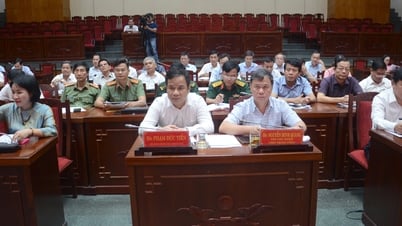





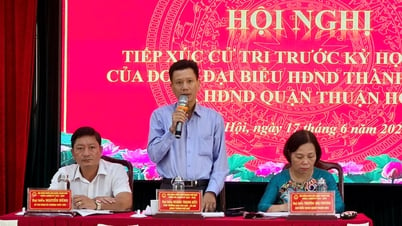




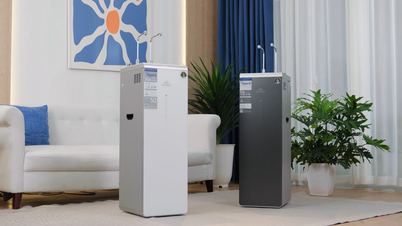
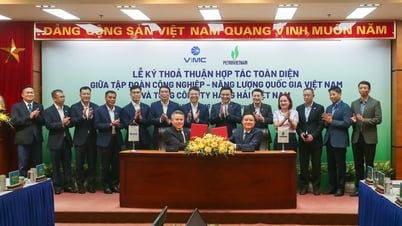





















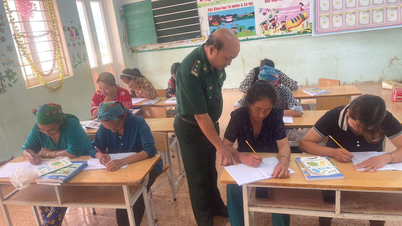












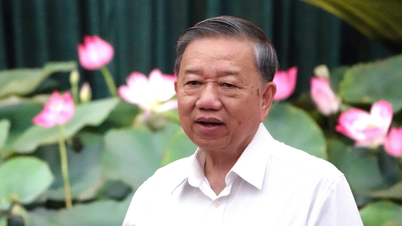












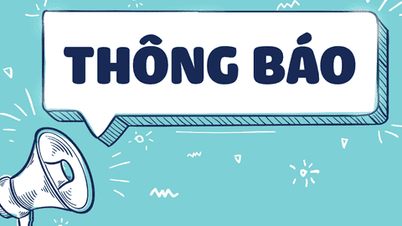







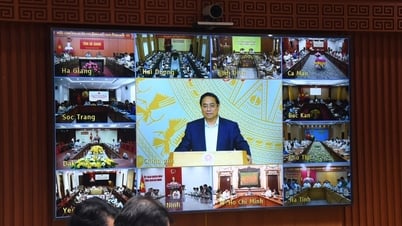


















Comment (0)